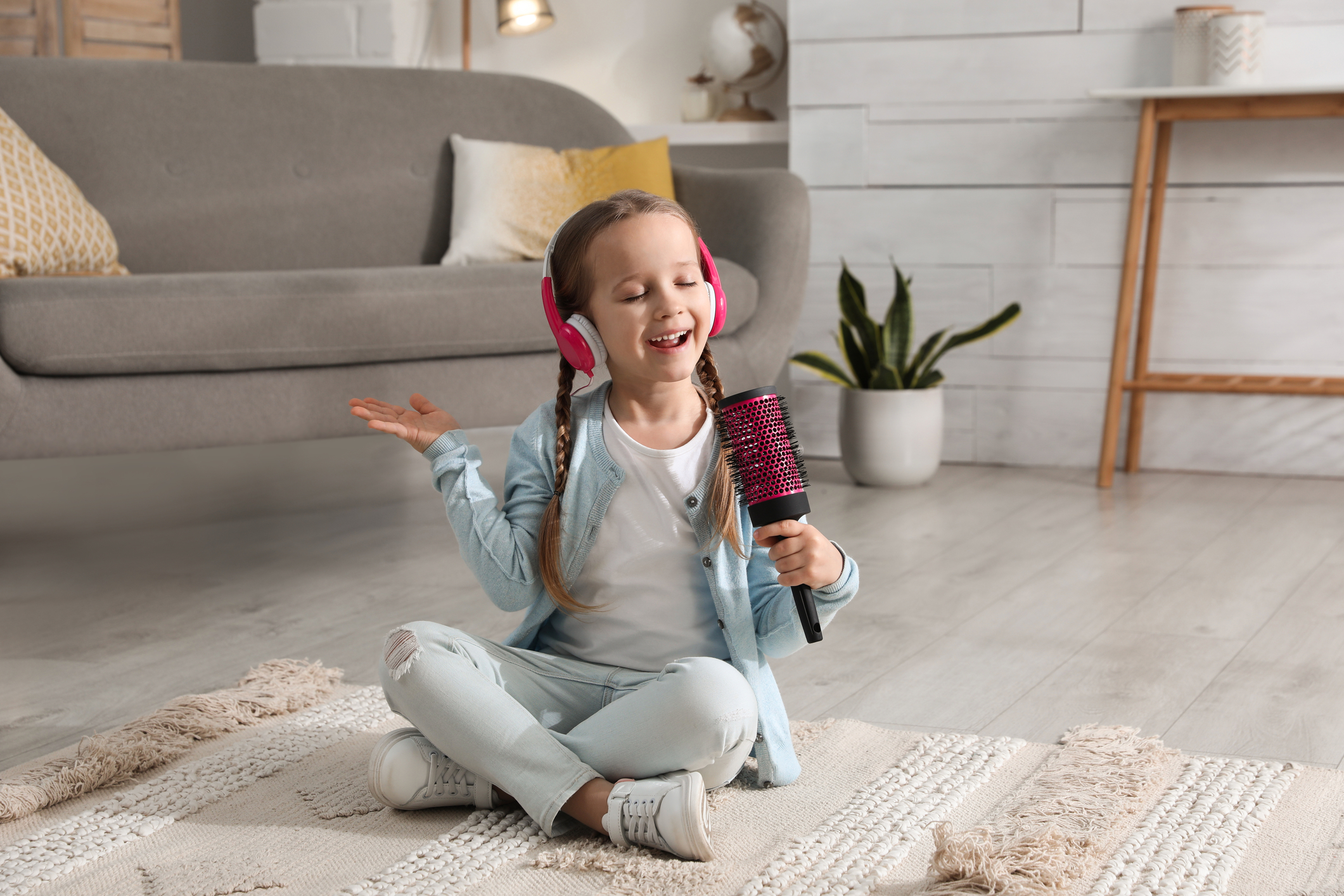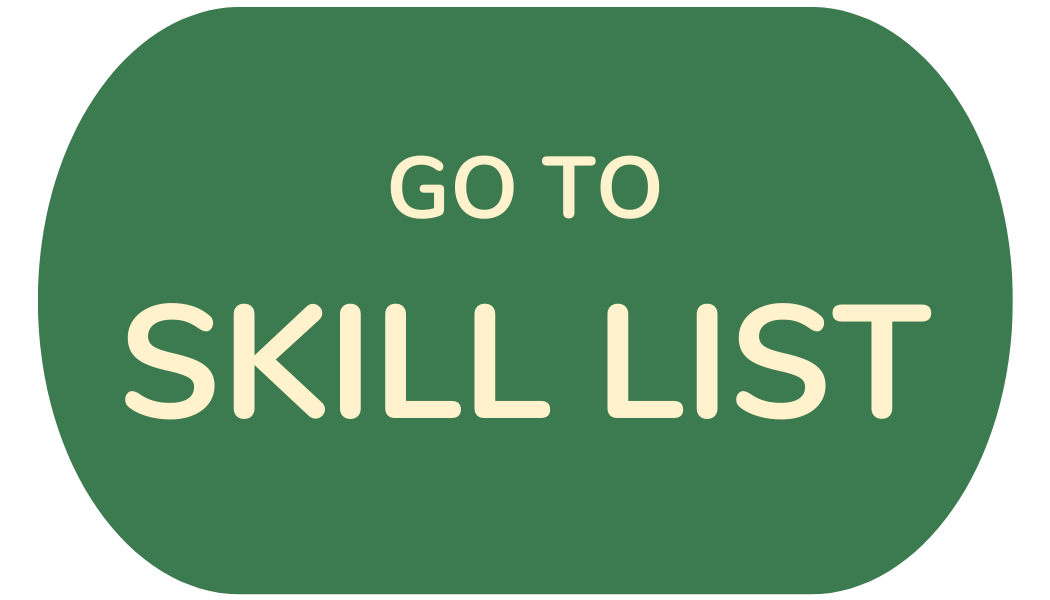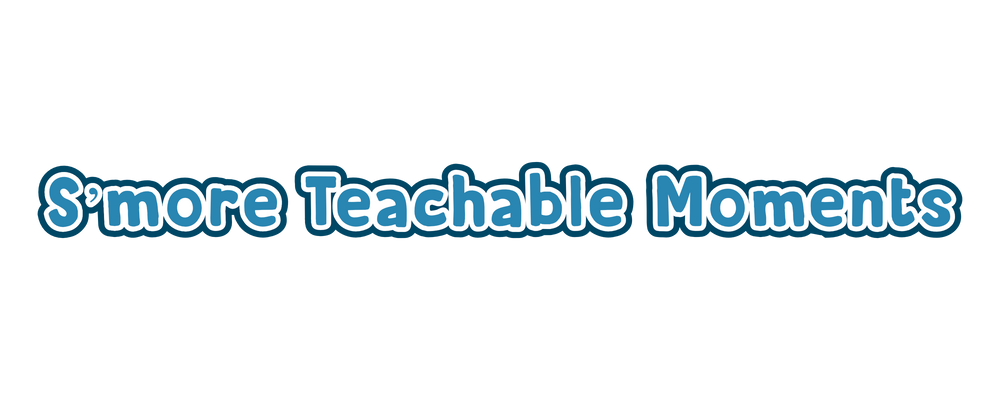
Stop Summer Learning Loss: Make a List of Skills -Part 1 of 3
According to the calendar, summer has officially started. Some schools have been on summer break for weeks while others have only just started. If you had intentions of having your child practice school work during break and you haven't started, I'm here to help.
You may have experienced this before, when you reach the end of the summer and realize you didn't have your child practice any school skills, None! ZERO! I don't want that to happen to you again this fall!
Summer learning loss, otherwise known as the "Summer Slide" is a real thing. Researchers have proven it. A month's worth of grade-level learning can be lost over one summer vacation! That's pretty costly if you consider the accumulative effect over a child's entire school experience/career.
Summer reading may be easy for your family but summer math practice can be a different story. It's easier to pick up a book to read than to engage in math practice. Perhaps you'd like to prevent the summer slide specifically in math or writing. No matter what skills you'd like to target this summer, together we can make it happen.
Think about it, the summer months are actually one of the most difficult times to attempt a new routine, especially when it comes to doing academics. After all, the cornerstone of your child's schedule -the school day, is missing.
This three-post miniseries will help you engage your child in meaningful skill practice that can decrease or maybe even eliminate their SUMMER SLIDE. It might even advance your child's skills beyond where last school year ended.
You don't have to go it alone.
Are you in?
This week I'll help you identify topics you want your child to practice. Next week I'll help you make a plan. In the final post of this miniseries I'll help you make summer academics look, sound and feel like fun. Yes, FUN!
Each of the three steps are important, without doing each one, your outcome will likely be disappointing.
Let's get started.
Your first step is to identify the skills your child needs to practice the most. This may seem like an over simplification, but to start anywhere else could set you up for a hallow effort.
The best source of insight is your child's teacher. If the school year has ended, try these three ideas.

First, take a couple minutes to list any skills you remember seeing in your child's schoolwork, homework, and test results. Be specific when you write down a skill. Rather than "time" write, "time-hour" or "time-five minutes." There's always a wide range of skill levels within each concept.
This works for language arts, too. Rather than writing "alphabetical order" write, "alphabetical order-first letter" or alphabetical order-second letter."
Examples for reading skills might be "reading with expression," "stopping at punctuation marks" or "recognizing compound words."
Writing skills might include "capital letters-proper nouns," "capital letters-beginning of sentences" or capitalizing the word 'I'."
Be as specific as you can.

Secondly, to help refresh your memory, look through any leftover school papers you may have stashed somewhere.
Maybe your child's teacher sent workbooks home at the end of the school year or a summer packet.
Revisit your child's classroom website for remnants of the school year that will help you add more concepts and skills to your list.

Lastly, interview your child but make it fun! Set up the interview as if your child is a rock-star or famous athlete being interviewed about their accomplishments and future goals.
To make it ridiculously fun for your child, add special seating, a pretend microphone and record it on your phone just for the fun of it. Recording it serves a dual purpose of letting you focus on having fun with your child and then later playing it back to add skills to your list.
Give your child prompts or interview questions like, "You've accomplished so much in just one year of intense practice and success on the field/court, what skills do you think you do better than anyone else on your team (class)?" "You've had a wild season of accomplishments, what skills will you practice during the off season in order to dominate the competition next season?" "You have been at the top of the charts so many times this year, what's the theme (skill) of your next song?"
If you feel like you are missing major categories of skills your child practiced during the year, I have a list that might help trigger your memory. It's certainly not a complete list, but it might be helpful to you. Click below to access the skill list.
After your list is as complete as possible, separate the skills into 3 categories:
- Easy: skill is automatic, initiates thought process immediately or gives immediate response, fluent, practically thoughtless, accurate;
- Practice: needs a bit of practice, understands the concept and thought process but needs to make it more automatic, needs to respond more efficiently, needs to be more fluent, has to think about the steps before initiating the process, frequently accurate but not consistent;
- Still learning: needs review, doesn't understand the process, needs clarity on the steps, hasn't grasped the concept, needs manipulatives and/or prompts to reach an answer, incorrect responses.
Now that you have a list of skills from last school year, you are ready for the next step. Making a plan will be our topic for next week's blog. You are more likely to make it happen if you make a plan.
Let's make s'more teachable moments, together!
Ron
Want to strengthen your child's learning opportunities in just minutes each day?
Use my FREE Q&A to make learning fun for your child during everyday moments you already spend together!
I hate SPAM. I will never sell your information, for any reason. Unsubscribe at any time.

